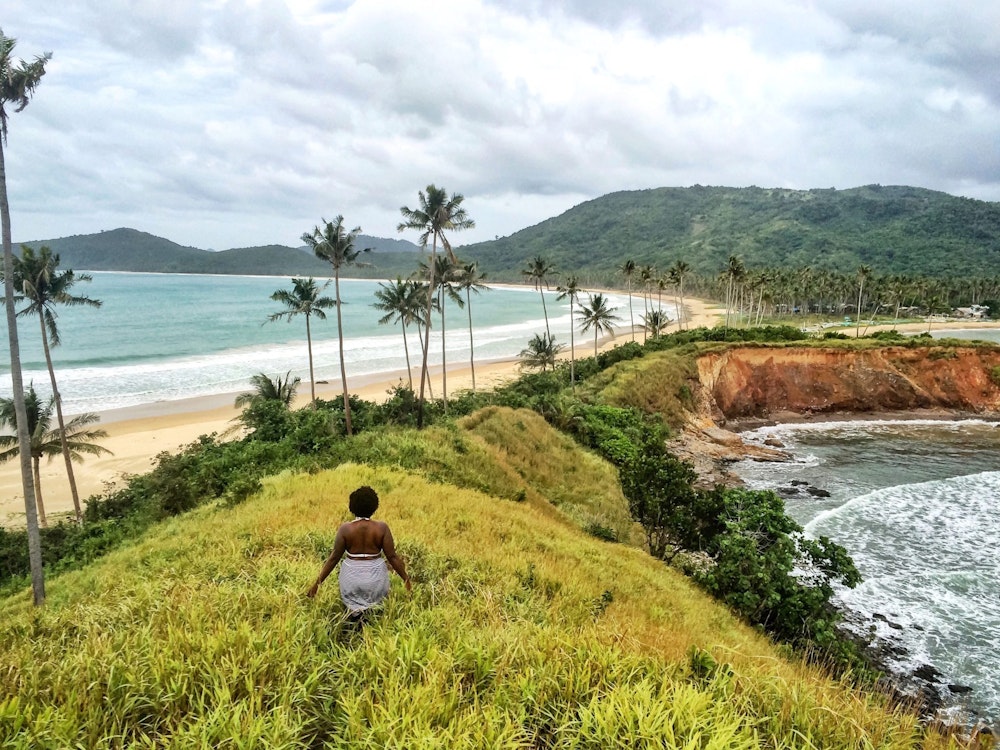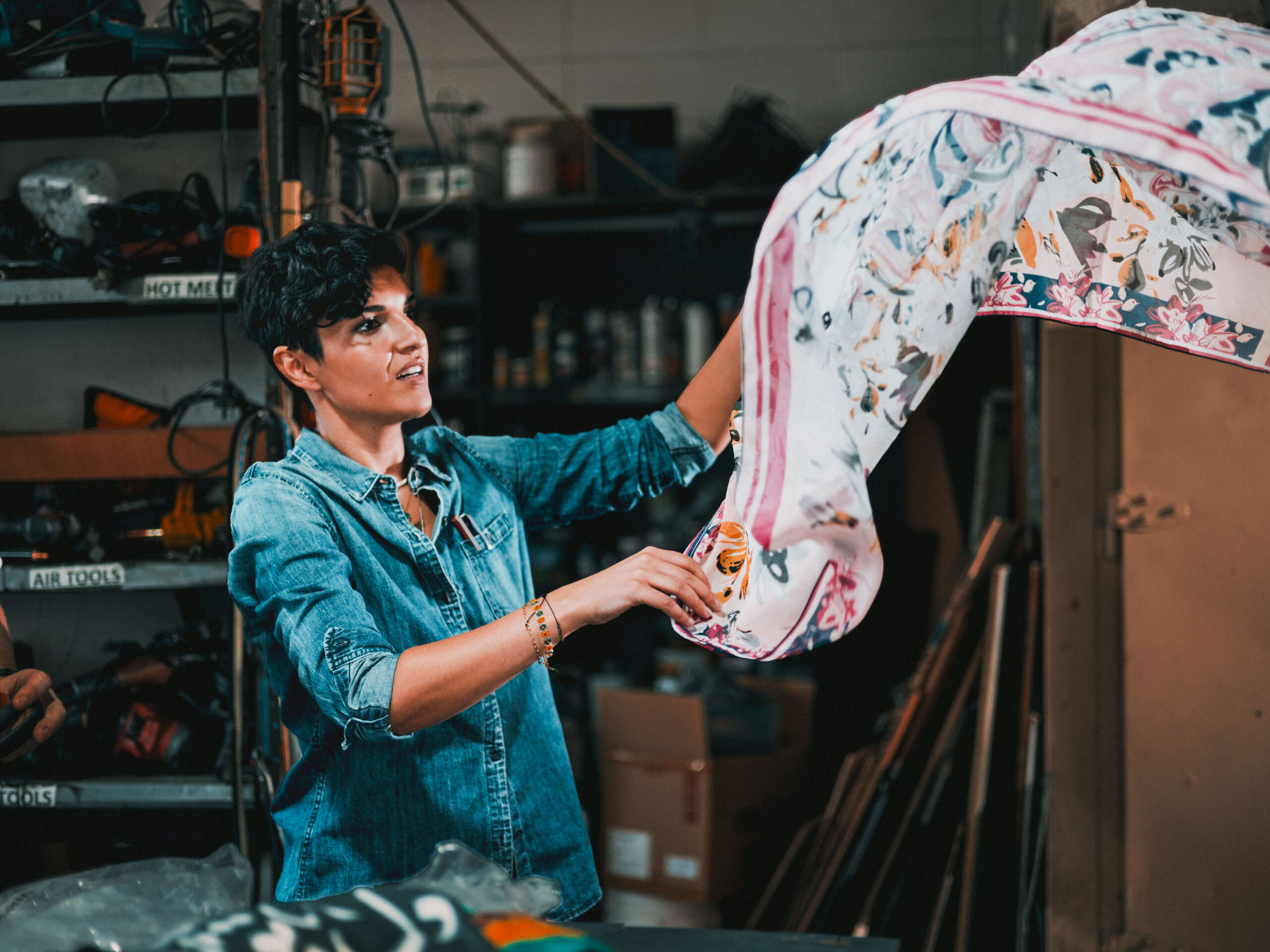
June 28, 2010
Coming to America: The Extraordinary Journey of Morris Moel

In my recent piece for the Wall Street Journal on the new museum for the Red Star Line, now under construction in Antwerp, I briefly mention the story of Morris Moel, 97, the oldest known immigrant to have come to America on the Red Star. As I wrote, his story is extraordinary in the way that many immigrant stories are. Moel arrived in 1922, after a harrowing trip across the Pale. Upon arrival, he moved to West Virginia, where his father already had a men’s shop, and later graduated from the University of Cincinnati medical school. He has lived in Florida since 1980, a retired radiologist.
For the historical record, I thought it would be worth publishing a transcript of Moel’s accounting of his trip, as he told it to me.
Are you the last surviving member in your family to emigrate?
I’m the last one in our family living. I’m 97 years old. I was the youngest. So I lasted longer. I came over in 1922 on the Red Star. Four children and my mother. We came from the Ukraine, a little town called Lubar in the Ukraine.
What do you remember about your journey?
First of all, it’s a long story. My father was here [in the USA]. He came in 1913. We didn’t hear from him for many many years during World War I, and after this the revolution in Russia. Things were terrible. So we didn’t hear from my father for 12 or 13 years. We finally got a message. It came through from Warsaw, from HIAS, the Hebrew immigration society. So my mother went to Warsaw, she left us with my grandmother. She was there for two months, three months, and during that period my grandmother passed away, and my older brother who was 17 became our mother and father. And one winter day a big sleigh approaches the house and a man comes out and asks if we are the Moel family. “We’re here to take you to your mother.” Put on the warmest things you can put on. I wrapped all kinds of rags on my feet. We traveled to the Polish border all day and part of the night. This was I suspect some time in late winter. We got to this house near the border where we slept part of the night and we were awakened and we found this sleigh and were taken to close to the border and then walked to the border.
The Russian part of the border was all forest. And we were stopped. I heard rifles being cocked while we were walking. Russian soldiers. And the soldiers searched everyone and took everything that was valuable and said you’ve got to go back, and I guess they [the guides] knew another route so we got through. And the Polish border was absolutely free, but it was all snow. I was so little and my older brother dragged me across that border. Finally we got to the other side inside Poland. Stayed in a house for half a night and we were then taken to a train station. And that train took us into Warsaw.
The first time I was in a train. And my mother was waiting for us in an office. We told her my grandmother died. She never knew about it.
We left Warsaw in June after four or five months, after waiting for documents. Then we took a train. I remember going through Germany. Ended up in Antwerp. We stayed one or two nights in someplace in a little narrow street near the Castle [Steen]. It was not too far away from where the ship was. We were in the steerage, where we had a little cabin with four places to sleep, upper and lower bunk on each side. Very, very close quarters. Not beds, just bunks. And I know that I got seasick. And I was vomiting into the ocean. It was not a pleasant trip. And we were in steerage and we used to look up at other decks where people were well dressed. We had a lot of people from different nations in different garb. It was not a very pleasant trip across the ocean. We were anxious to see my father. We knew nothing about the New World. When we approached the harbor we saw the Statue of Liberty. A lot of people said it was a statue of Columbus. They didn’t know who it was.
When we debarked there was this boat that takes you to Ellis Island. And we were sort of separated there. And all of a sudden my mother realized that my sister had been immediately taken into the infirmary. And I never saw her in Ellis Island again. And we were detained there for at least four weeks, possibly six weeks, because we couldn’t get into the United States….And my mother was given the choice, after four weeks, either we all go back to Antwerp, or my sister, who was ten, a year older, would have to go back for treatment, and my mother made a decision, and it was a hell of a decision to make, that my sister should go back. My father took us to Huntington, West VirginIa, where he had opened a store. A men’s store. My sister was there [in Antwerp] for a year, then came back to Ellis Island. They sent her back again. Four years later she came after that, and she finally made it.
Observed
View all
Observed
By Mark Lamster
Related Posts

Business
Courtney L. McCluney, PhD|Essays
Rest as reparations: reimagining how we invest in Black women entrepreneurs

Design Impact
Seher Anand|Essays
Food branding without borders: chai, culture, and the politics of packaging

Graphic Design
Sarah Gephart|Essays
A new alphabet for a shared lived experience

Arts + Culture
Nila Rezaei|Essays
“Dear mother, I made us a seat”: a Mother’s Day tribute to the women of Iran
Recent Posts
Candace Parker & Michael C. Bush on Purpose, Leadership and Meeting the MomentCourtney L. McCluney, PhD|Essays
Rest as reparations: reimagining how we invest in Black women entrepreneurs Food branding without borders: chai, culture, and the politics of packaging Why scaling back on equity is more than risky — it’s economically irresponsibleRelated Posts

Business
Courtney L. McCluney, PhD|Essays
Rest as reparations: reimagining how we invest in Black women entrepreneurs

Design Impact
Seher Anand|Essays
Food branding without borders: chai, culture, and the politics of packaging

Graphic Design
Sarah Gephart|Essays
A new alphabet for a shared lived experience

Arts + Culture
Nila Rezaei|Essays
